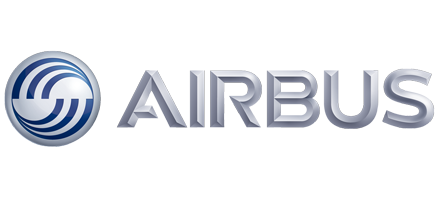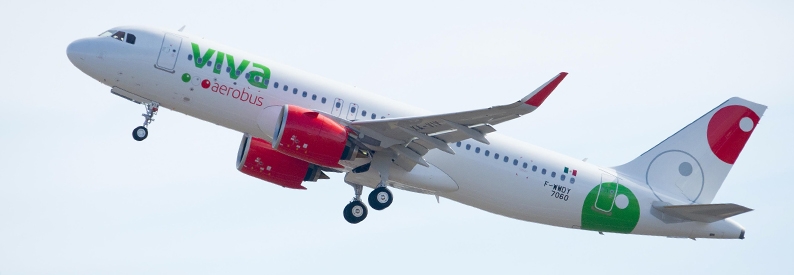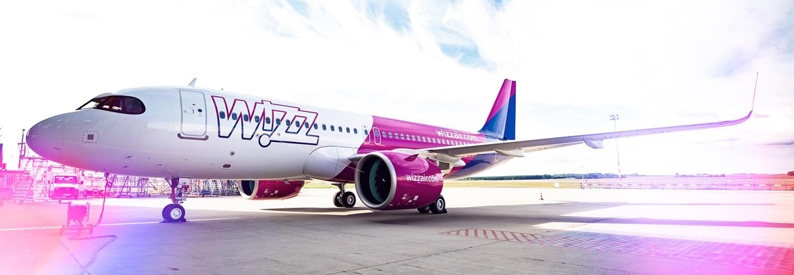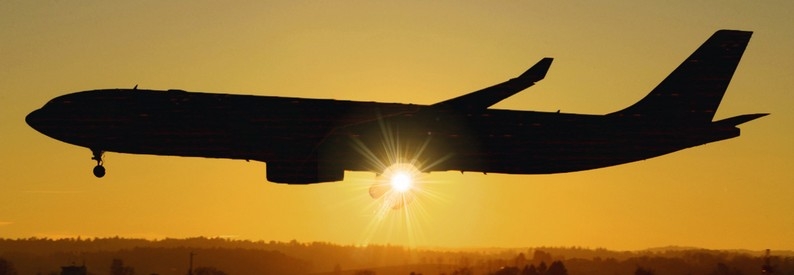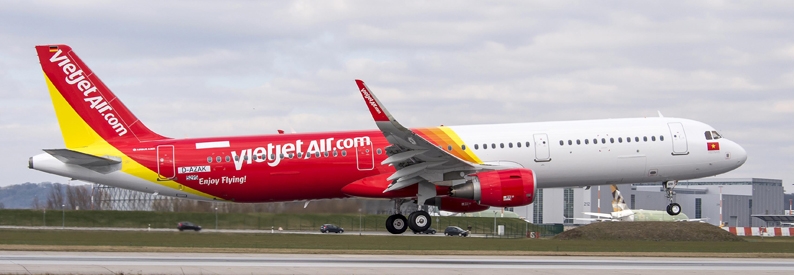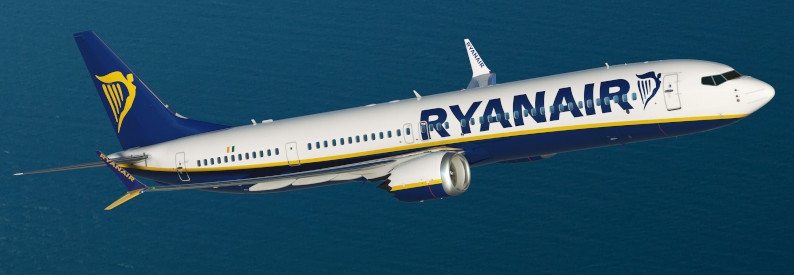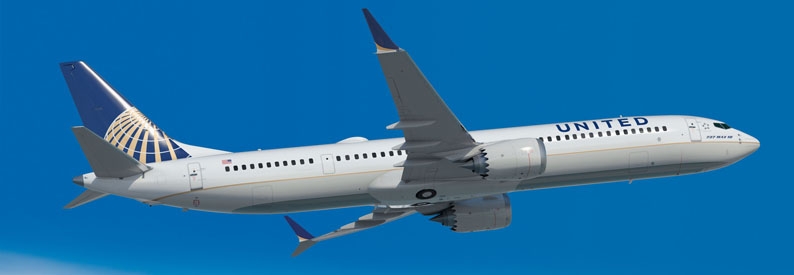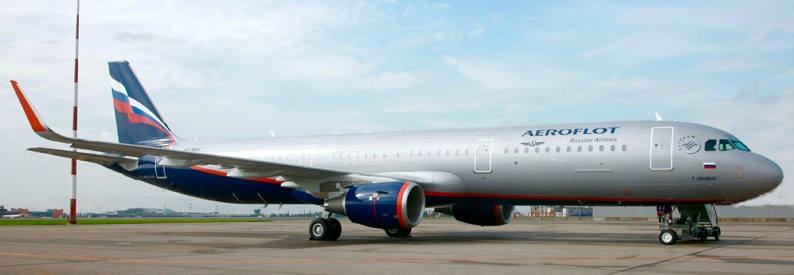The European Union Aviation Safety Agency (EASA) certified the A321-200NY(XLR) type powered by Pratt & Whitney PW1100G GTF engines on February 21, 2025. Separately, Airbus officially confirmed delays to its A350F rollout during an earnings call and warned that looming tariffs could force it to reduce deliveries to the US and prioritise other markets.
The A321XLR is now certified for operations with both CFM International LEAP-1A engines as well as Pratt & Whitney power plants. Both the aircraft manufacturer and Pratt & Whitney announced in separate statements that the first P&W-powered A321XLR could enter passenger service later this year.
Airbus has so far received orders for 495 A321XLRs. Wizz Air (W6, Budapest) is the only customer of the aircraft type that has officially confirmed it will fit its jets with GTF engines, according to the ch-aviation Commercial Aviation Aircraft Data module.
While the introduction of the newly certified narrowbody aircraft type is moving forward, Airbus is experiencing difficulties on other fronts.
During the earnings call on February 20, Airbus confirmed that the entry-into-service of the A350F would be postponed to the second half of 2027. It initially planned to deliver the first aircraft of the type in 2026, but problems with the production of fuselage Section 15 made by Spirit AeroSystems will delay the freighter's introduction.
Supply chain issues, especially affecting Spirit AeroSystems, are putting pressure on the ramp-up of production of both the A350 and the A220, Airbus' chief executive Guillaume Faury said. Despite problems with the delivery of engines, fuselage sections, and other components, Airbus still hopes to hit production targets for the two aircraft types. The manufacturer intends to reach a production rate of fourteen A220s per month in 2026 and twelve A350s per month in 2028.
He expects Airbus to start assembling the A350F test aircraft towards the end of this year.
The company is facing the possible introduction of tariffs by the new US administration of President Donald Trump. Although it is not yet clear what goods could be subjected to the tariffs, Faury confirmed that the company is facing uncertainty.
In an interview for business news broadcaster CNBC, he said Airbus would adapt to the new reality by prioritising other markets.
“We have a large demand from the rest of the world, so if we face very significant difficulties to deliver to the US, we can adapt by bringing forward deliveries to other customers which are very eager to get planes,” he noted.
US-based customers currently have 1,015 Airbus aircraft on order, of which 736 are designated to airlines and the remainder to lessors.
Airbus currently operates an A220 and A320 final assembly line (FAL) at Mobile Downtown. This and other production sites in Alabama currently employ more than 2,000 workers. The company employs around 5,000 people in the United States in manufacturing plants but also in training, research, and maintenance centres across the country, Airbus has published.
